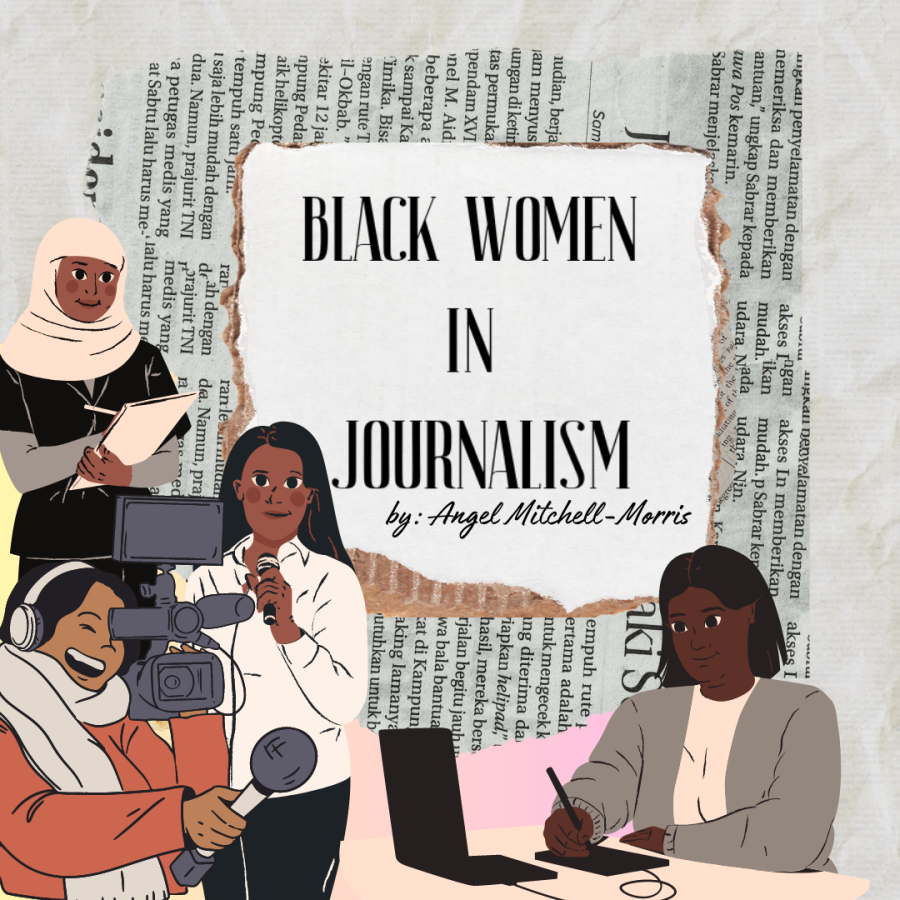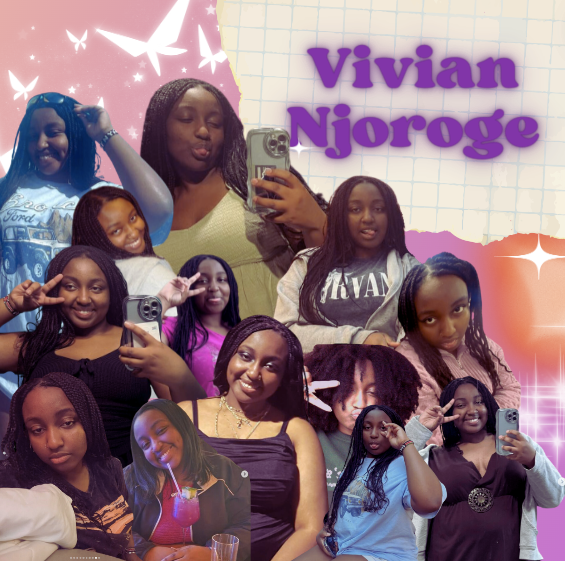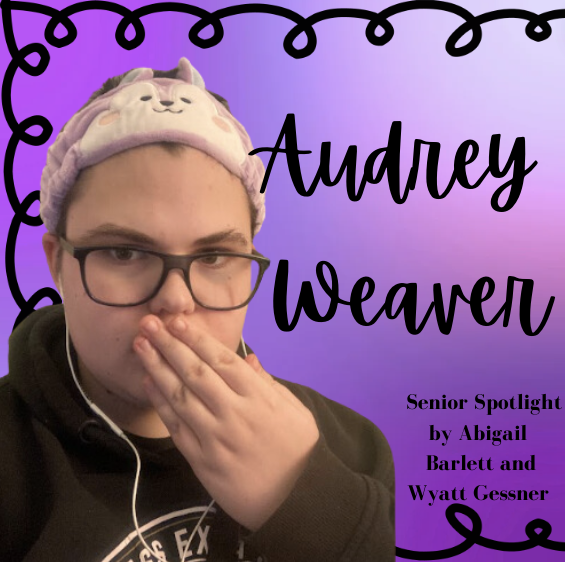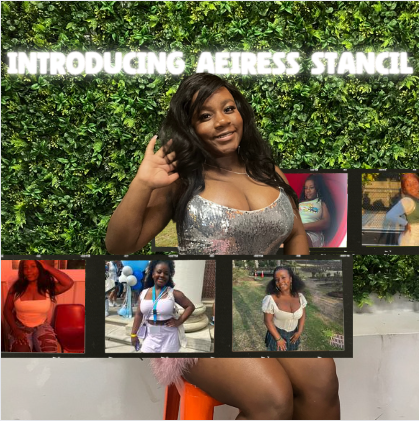Black Women in Journalism
Black women looking to succeed in the workplace often have to overcome barriers of racism, sexism, and other forms of discrimination. Despite the odds being stacked against them, Black female journalists have played a vital role in shaping the media landscape by promoting diversity and challenging the status quo. As a high school journalist who is a Black woman, looking for those in the journalism industry can be hard to find at times. Fortunately though, I was given the opportunity to interview local journalists Tyria McCray and Akilah Davis.
Tyria McCray is a journalist at The Carolinian, North Carolina’s largest African-American newspaper, and covers stories on local, state, and the national level. McCray attended North Carolina Agricultural and Technical State University (A&T); there she earned her Bachelor’s in Journalism and Communications. McCray’s passion for writing began as a little girl: “When I was younger, my parents would make me and my sibling’s write a paragraph about what we learned in the news, which grew my love for writing.”
One of McCray’s favorite things about journalism is “the outspoken yet respectful transparency that journalists carry within themselves.” Some of McCray’s best moments as a journalist include meeting with politicians like Vice President Kamala Harris.
Akilah Davis is the Race and Culture Reporter for ABC 11 News. Born and raised in Chicago, Davis loved watching the news with her parents from weather to what was happening in her community: “It became a big part of my life and sparked my curiosity.”
During Davis’ high school years, she became known for her morning greetings during the school announcements daily. This became her introduction to the world of journalism. After high school, Davis earned a Bachelor’s degree in communications at the University of Illinois Urbana-Champaign and a Master’s in Public Affairs Reporting at the University of Illinois Springfield. She is also a member of Alpha Kappa Alpha Sorority, Incorporated. After graduate school, she launched her reporting career in Iowa. Currently, she is a TV news reporter in the Triangle, where she now resides
“People are going to try to box you in and tell you what you can and cannot do but don’t let anyone define you,”says Akilah Davis.
Although Davis and McCray have earned the opportunity to work in the field of journalism, not many have been able to. According to Pew Research Center, “Three-quarters (77%) of newsroom employees –broadcasting and internet publishing industries – are non-Hispanic whites.”
This means that 23% or less are composed of people of color. Many statistics such as these show the lack of Black representation within the field of journalism.
“Being a Black woman, sometimes people are either intimidated or feel as though what I say and do doesn’t matter. Which is fine. Please doubt me because that motivates me more to give it 1000%,” says McCray.
Davis and McCray both agree that young Black women coming into journalism have to deal with not having a seat at the table. Due to these reasons, some find themselves questioning their ability to make it into journalism.
“At times we stop ourselves from moving forward and dreaming big,” says Davis.
Being Black and working in the media has its challenges, in and outside of the workplace, as any field would. But time and time again we see Black women prevail in fields that were deemed impossible for them.
As Malcolm X puts it, “The most disrespected person in America is the Black woman. The most unprotected person in America is the Black woman. The most neglected person in America is the Black woman.”
Your donation will support the student journalists of Enloe Magnet High School, allowing us to cover our annual website costs. We are extremely grateful for any contribution, big or small!

(she/her)
Angel is a sophomore and a first-year writer for the Eagles Eye. This student-athlete also has a passion for writing with a love for politics....

















